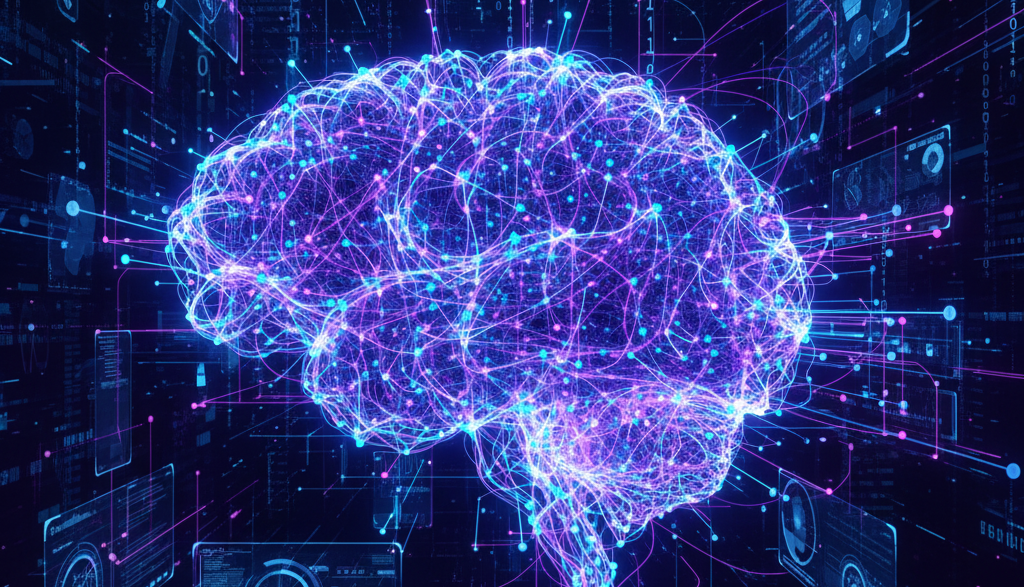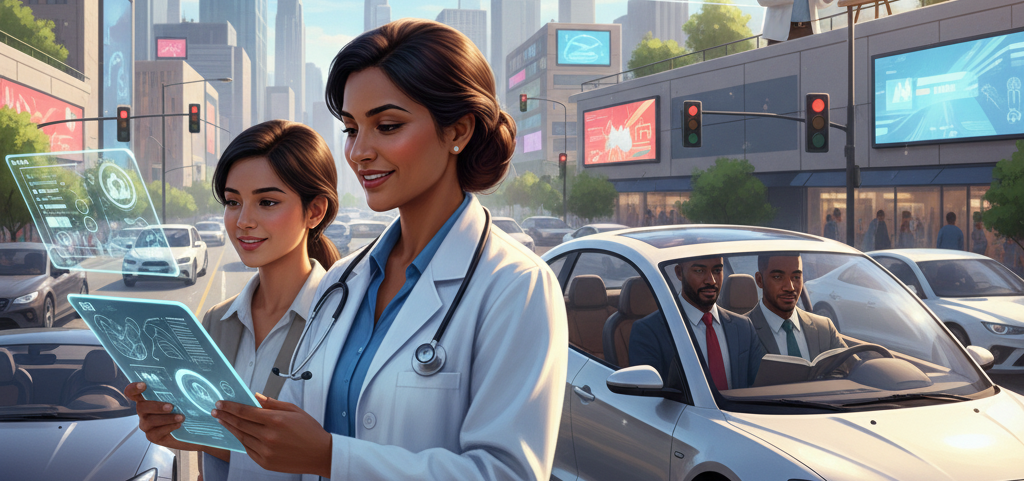Artificial Intelligence (AI) has transitioned from science fiction to everyday reality, with 2025 marking a pivotal year in its evolution toward Artificial General Intelligence (AGI). Narrow AI systems, specialized in tasks like image recognition or language translation, are giving way to more versatile models that mimic human-like reasoning. This shift is driving innovations across industries, raising profound questions about ethics, employment, and humanity’s future in a machine-augmented world.

Historical Milestones and Technological Progress
AI’s journey began in the 1950s with pioneers like Alan Turing and the Dartmouth Conference, which coined the term. Early symbolic AI in the 1960s-70s faced “AI winters” due to limited computing power. The 2010s resurgence, fueled by deep learning and big data, saw breakthroughs like AlphaGo’s 2016 victory over Go champion Lee Sedol.
By 2025, transformer architectures—pioneered by Google’s 2017 paper—power large language models (LLMs) like GPT-5 variants, achieving near-human performance in creative tasks. Advancements in multimodal AI integrate text, vision, and audio, enabling applications from autonomous vehicles to personalized education. Quantum AI hybrids are emerging, solving optimization problems exponentially faster.
Current Applications and Societal Transformations
In healthcare, AI diagnoses diseases with 95% accuracy via tools like IBM Watson Health, while in finance, algorithmic trading processes market data in microseconds. Environmentally, AI optimizes renewable grids, predicting wind patterns to boost efficiency by 20%.
Societally, AI is reshaping work: automation displaces routine jobs but creates roles in AI ethics and data curation. Global adoption varies—China leads in surveillance AI, Europe emphasizes regulation via the AI Act, and the US focuses on innovation through companies like OpenAI and Anthropic.

Ethical Dilemmas and Regulatory Frameworks
As AI edges toward AGI—systems that outperform humans across domains—concerns mount: bias in training data perpetuates inequalities, while “black box” decisions lack transparency. Existential risks, debated by figures like Elon Musk, prompt calls for alignment research to ensure AI benefits humanity.
In 2025, international bodies like the UN are drafting AI governance treaties, balancing innovation with safeguards against misuse in warfare or deepfakes.
Outlook for the Future
By 2030, AGI could revolutionize discovery, accelerating cures and space exploration. Yet, a human-centric approach is vital, emphasizing collaboration over replacement.
AI’s evolution challenges us to redefine intelligence, fostering a world where technology amplifies human potential responsibly.
